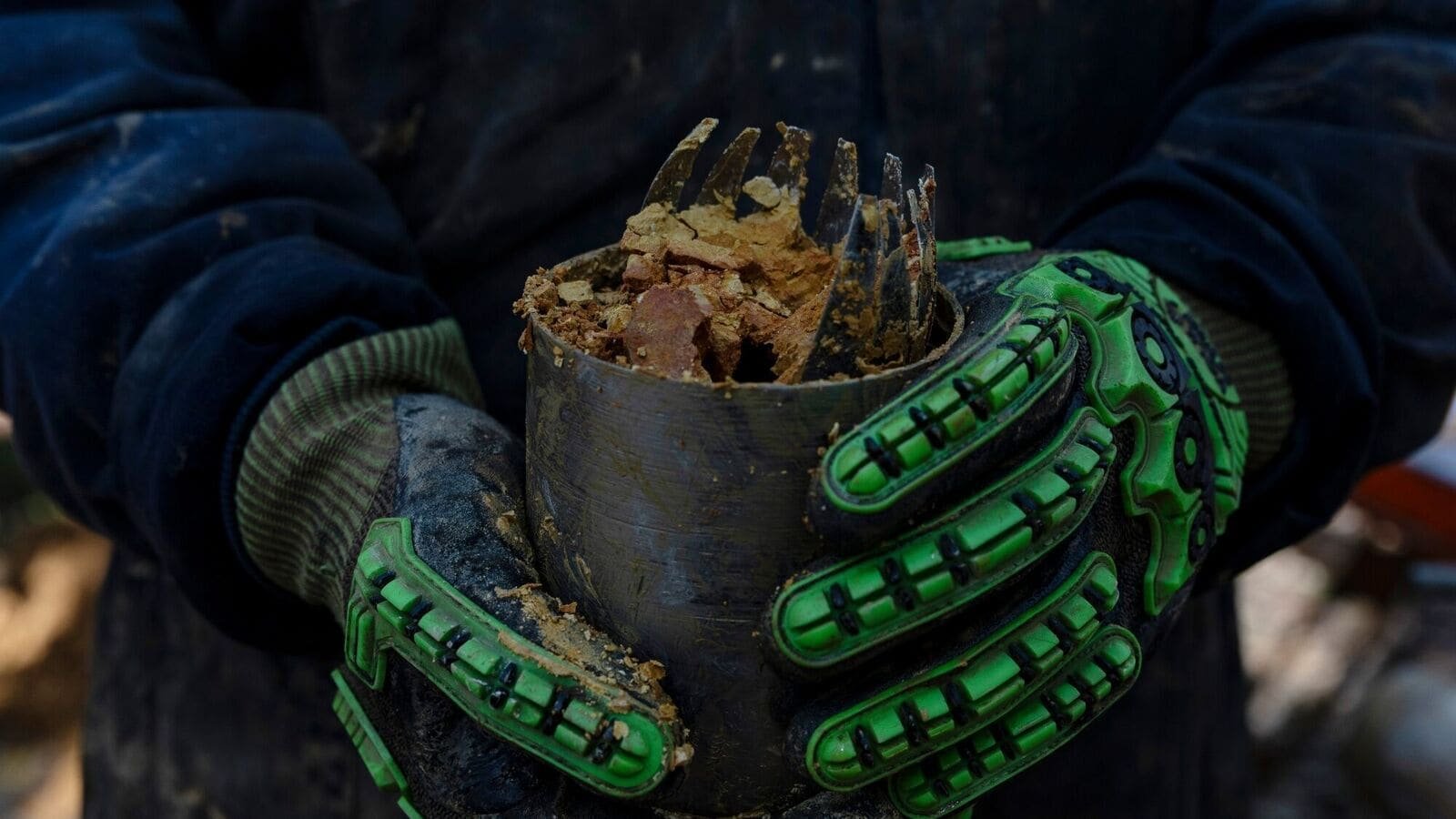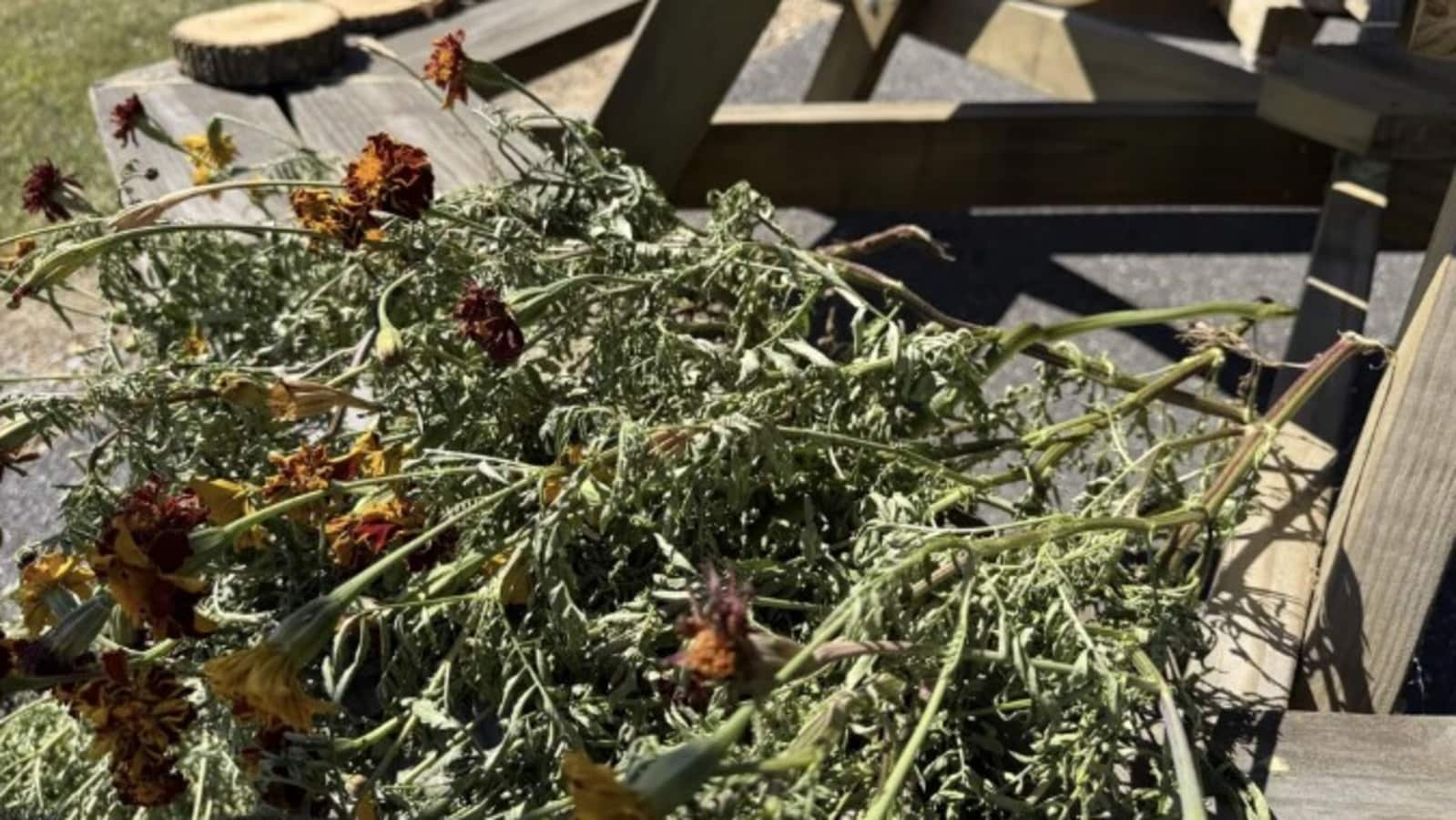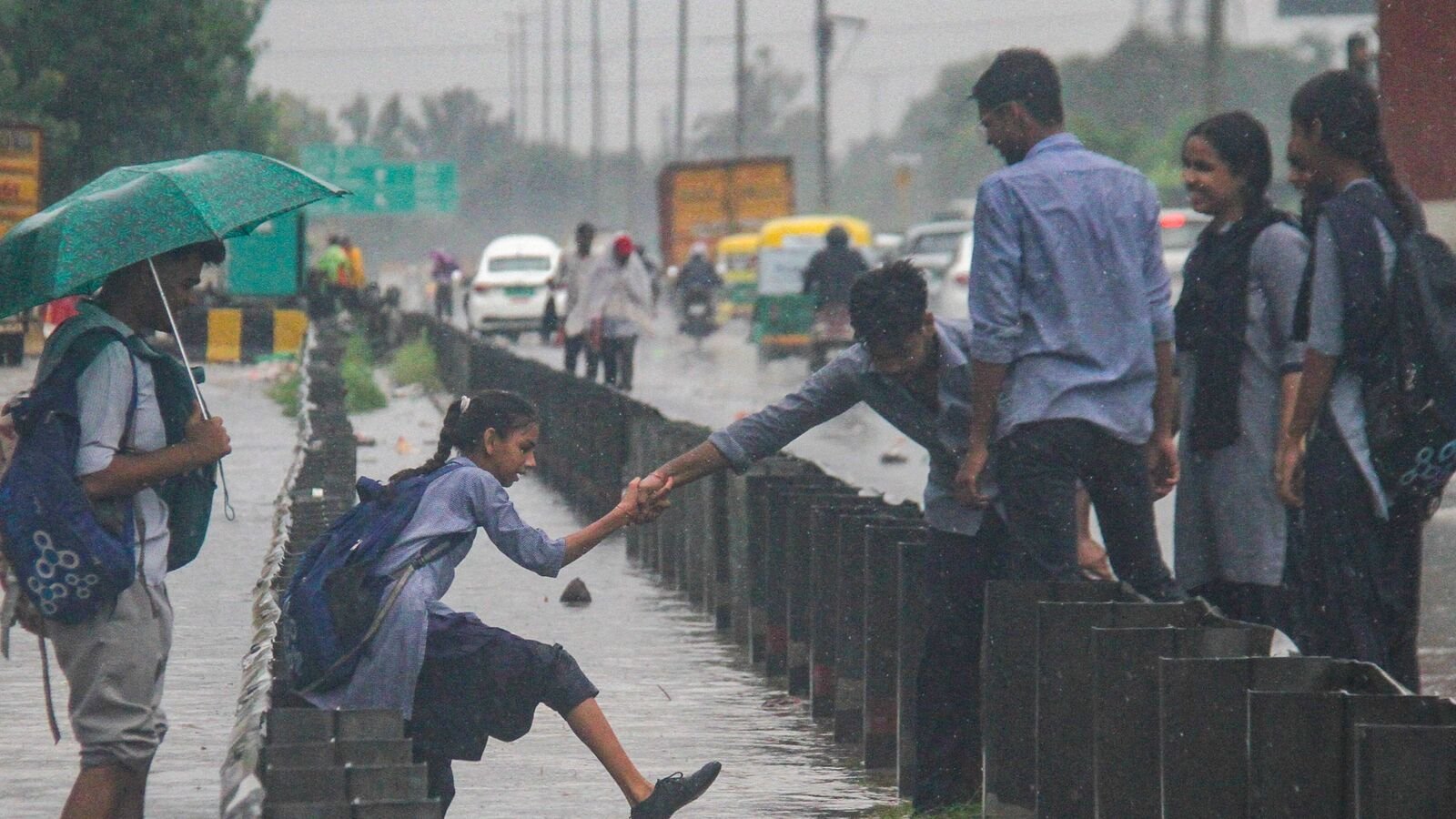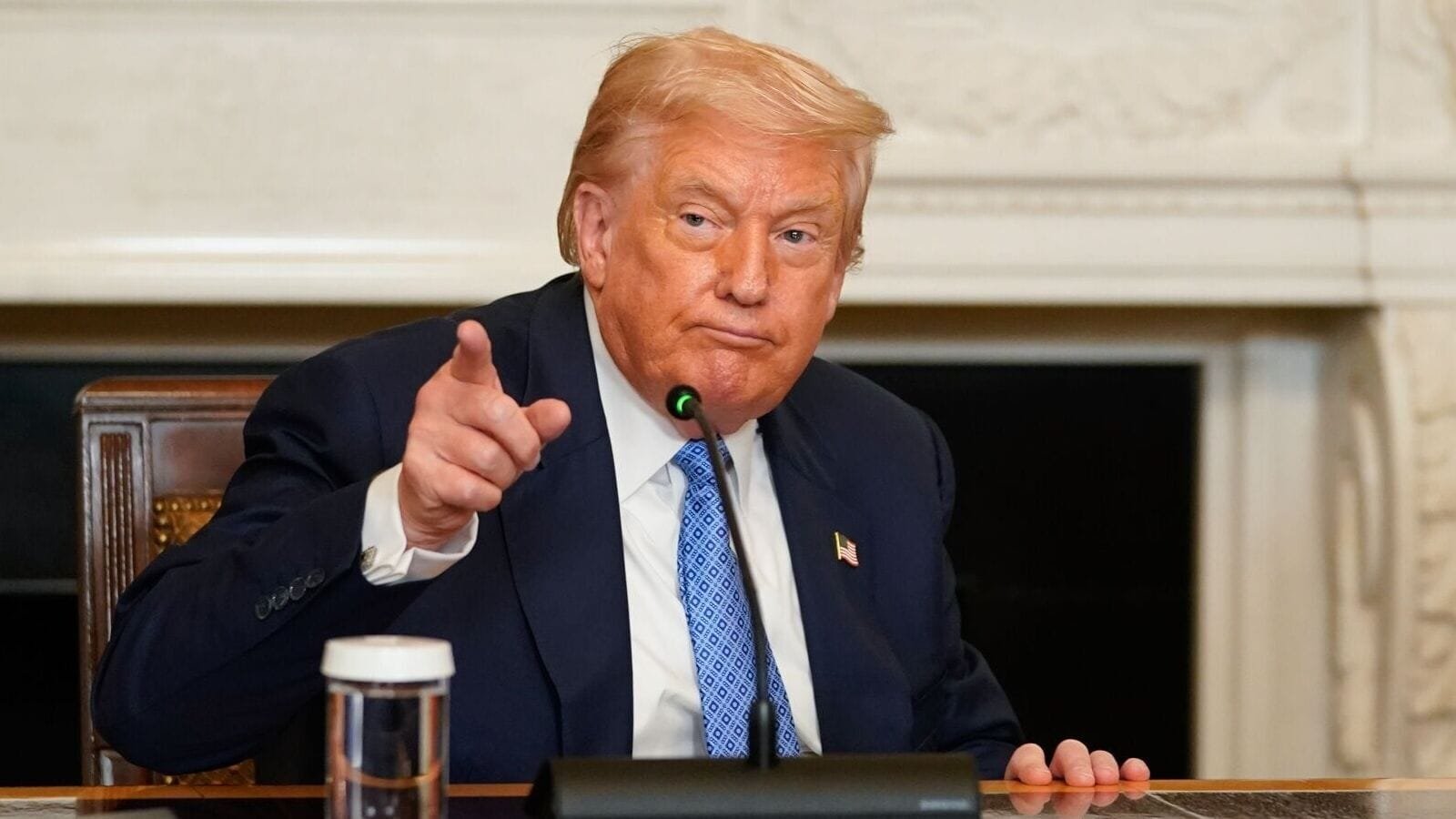India may choose a tiered path to rare earth self-reliance

The government is considering a cascading localization provision for sourcing rare earth oxides, the people said. They spoke on the condition of anonymity as the scheme is still being finalized.
Levels or tiers are under consideration, said the first person quoted earlier. “This means whoever sources their raw material for processing from India, domestically, they can get higher incentives.”
The ministries of heavy industries, and mines have not finalised the scheme draft yet, the second official said.
Queries emailed to the two ministries on 14 August remained unanswered.
China, which controls about 60% of global rare earth mining and 90% of supply, imposed export restrictions in April, affecting supplies to sectors such as semiconductors, electronics, renewable energy, defence, and automobiles. India’s ₹1,345-crore scheme, announced by Union heavy industries minister HD Kumaraswamy, aims to incentivize the processing of rare earth oxides into permanent magnets within the country.
Also read | Out of rare earths, India’s automakers turn to old tricks and new tech
India’s demand for rare earth magnets is likely to rise above 7,000 tonnes by 2030, driven by electric vehicles, according to a report by consultant Primus Partners published this month. “…This dependency represents a strategic vulnerability, especially as rare-earth magnets are critical not only to EVs but also to industrial automation, electronics, renewable energy systems, and defence applications.”
The government’s plan to link disbursal to a formula, offering the highest incentives to manufacturers to fully source oxides domestically, comes as, according to media reports, it is set to increase the outlay to over ₹5,000 crore to draw more interest from the industry.
The incentives for sintered magnets, which are used in more critical applications such as MRI machines and surgical devices, electric motors, wind turbines, and in high-performance sensors and devices for planes and satellites, are expected to be higher than bonded magnets used in printers, copiers, battery-operated toys, among others, the second person quoted earlier said.
India has 7.23 million tonnes of rare earth oxides, the government informed Parliament on 23 July. But state-run India Rare Earths Ltd is the only refiner of the critical mineral in the country.
India, along with the US, Australia, and Japan, announced a new Quad Critical Minerals Initiative in early July to strengthen and diversify supply chains as a veiled response to China’s export control order.
In June 2023, India became a member of the US-led Mineral Security Partnership, which also includes Australia, Canada, Finland, France, Germany, Italy, Japan, Norway, the Republic of Korea, Sweden, the UK and the European Commission. MSP seeks to bolster critical minerals supply chains and ensure that these ores are produced, processed and recycled by catalyzing investments from governments and private sector across the full value chain.
Previous central government schemes to support domestic manufacturing capabilities also had stringent localization rules. Production-linked incentive schemes run by the heavy industries ministry for zero-emission vehicles, their components, and batteries require at least 50% local raw material and components to qualify.
The focus on local sourcing of oxides is important because, like magnets, India and other markets are dependent on China for them as well, according to Nitin Gupta, chief executive officer and cofounder, Attero Recycling, an e-waste and lithium-ion battery recycling company. The company, which already produces oxides, says it will be ready to set up magnet manufacturing capacity within a year.
“If we develop rare earth magnet manufacturing capacity, but not the local oxide production, then we may face a similar supply crunch in the case of oxides also in the future,” he said. “Hence, the focus on local sourcing of oxides under the scheme being prepared.”
Discover more from News Hub
Subscribe to get the latest posts sent to your email.







